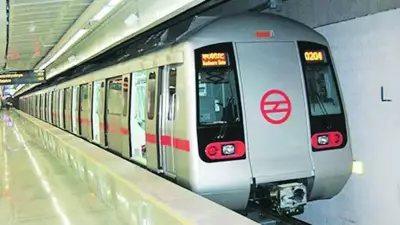
Greater Bengaluru Authority Responds to Public Pressure
In a significant move toward governmental transparency, the Greater Bengaluru Authority has publicly disclosed the financial details of its mechanical sweeping machine project. This decision comes directly after facing substantial criticism from citizens and watchdog groups regarding the substantial project costs.
The authority confirmed on November 22, 2025 that approximately Rs 613 crore would be required to rent 46 mechanical sweeping machines over a period of seven years. This revelation marks a pivotal moment in the ongoing discussion about municipal spending and accountability in India's technology capital.
Project Details and Financial Breakdown
The sweeping initiative represents one of Bengaluru's most ambitious cleanliness drives in recent years. The massive investment covers the rental, maintenance, and operation of nearly four dozen state-of-the-art cleaning vehicles designed to address the city's persistent waste management challenges.
Each machine comes with sophisticated features capable of handling Bengaluru's specific urban cleaning requirements. The seven-year contract period suggests a long-term commitment to improving the city's sanitation infrastructure, though the substantial cost had raised eyebrows among taxpayers and urban planning experts.
Transparency as a Response to Public Scrutiny
The decision to make the costs public demonstrates how public pressure can influence governmental transparency. The Greater Bengaluru Authority faced mounting questions about why such a significant investment was necessary for equipment rental rather than purchase, and whether the costs aligned with market rates for similar machinery.
By choosing full disclosure, the authority has opened itself to further public examination while simultaneously attempting to build trust with Bengaluru's residents. This move sets an important precedent for how municipal bodies might handle controversial spending decisions in the future.
The development comes at a time when Indian cities are increasingly focusing on urban cleanliness and waste management solutions. Bengaluru's approach, while expensive, represents the growing emphasis on mechanical solutions to address urban sanitation challenges in rapidly developing metropolitan areas.




